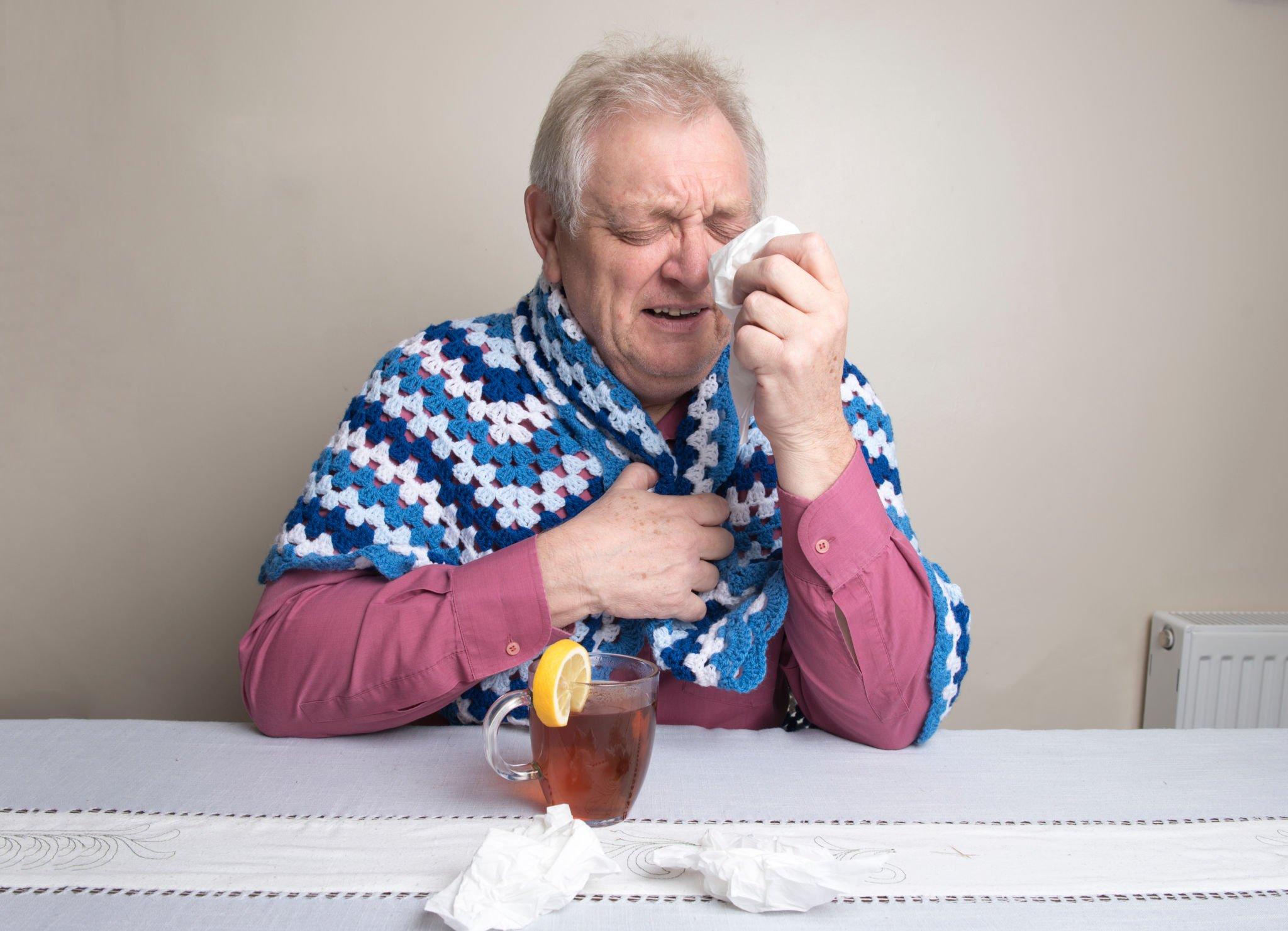Curious why coffee can cause coughing? Learn why coffee can trigger coughing and what you can do to reduce the risk of coughing after drinking coffee.
Coffee is a beloved beverage for many, but it can also be a source of confusion. Have you ever taken a sip of coffee and suddenly found yourself coughing uncontrollably? If so, you’re not alone! In this article, we’ll explore why coffee can trigger coughing and what you can do to prevent it.
So grab a cup of joe and let’s dive in!
The Physiological Effects of Coffee on the Body
Coffee is a widely used stimulant beverage containing caffeine, which is the most widely used psychoactive drug in the world. When consumed, the caffeine in coffee stimulates the central nervous system, boosting energy levels and alertness.
These effects can be felt almost immediately and last up to 6 hours. Additionally, caffeine has been found to increase heart rate and blood pressure, enhance metabolism, and increase fat burning.
Coffee can also act as a mild diuretic, which can result in dehydration and electrolyte imbalances if consumed in excess.
The Role of Caffeine in Coffee-Induced Coughing
Caffeine is a stimulant that can have a powerful effect on the respiratory system. It can cause bronchoconstriction, or narrowing of the airways, which can lead to a cough.
Some people are particularly sensitive to the effects of caffeine and may experience coughing or wheezing once the caffeine reaches the lungs.

The Link Between Coffee and Acid Reflux
Coffee can also cause acid reflux, or GERD. This occurs when the stomach acid travels up the esophagus and causes a burning sensation in the chest. Coffee increases the production of stomach acid, which can worsen the symptoms of acid reflux.
Additionally, coffee is acidic, and the acidity can further irritate the esophagus and stomach lining.
The Impact of Roasting on Coffee-Induced Coughing
Roasting coffee beans affects their chemical composition, and can have an effect on the potential for coffee-induced coughing. Darker roasted beans contain less caffeine and may cause less coughing than lighter roasts.
Additionally, the roasting process can reduce the allergen content of the beans and therefore reduce the chance of triggering an allergic reaction.
The Role of Allergens in Coffee-Induced Coughing
Some people may experience allergic reactions to coffee due to allergens present in the beans and in the brewing process. Common allergens found in coffee include lactose and gluten, as well as mold and pollen from the environment.
These allergens can irritate the throat and lungs, causing a coughing or wheezing response.

Frequently Asked Questions (FAQ)
Why Does Coffee Trigger Coughing?
Coughing occurs when an irritant stimulates the nerve endings in the throat, which causes the muscles of the throat to contract and expel air.
Coffee has several potential irritants, including caffeine, tannins, and acidity, which can trigger coughing in some people.
Final Word
Coffee can trigger coughing due to its high acidity, which can irritate the throat and cause a reflexive cough.
While this can be an annoyance, it is a natural reaction to the coffee’s acidity and can be avoided by drinking coffee with less acidity.

My name is Michael Jones, and I’m a coffee enthusiast and expert based in the US. I run my own coffee shop, and I’m passionate about everything related to coffee. On my website, Coffee and Comfort, I share my knowledge and tips to help you elevate your coffee experience. Whether you’re a beginner brewer or a seasoned barista, I have something for everyone. I’ll teach you how to choose the right coffee beans, grind them perfectly, and brew a delicious cup of coffee at home. I’ll also share tips on how to make different coffee drinks, like lattes, cappuccinos, and espressos. But more than just teaching you about coffee, I want to help you create a coffee lifestyle that you love. Coffee is more than just a beverage; it’s a way to connect with people and enjoy the simple things in life.
